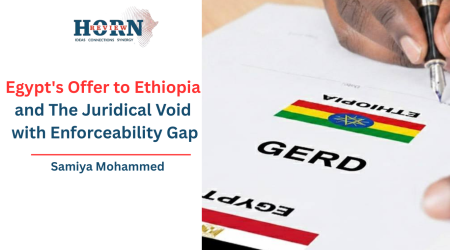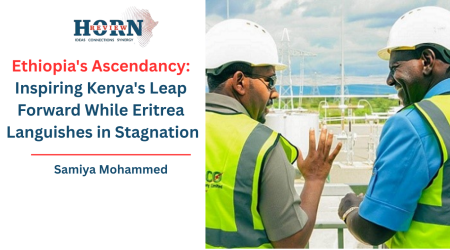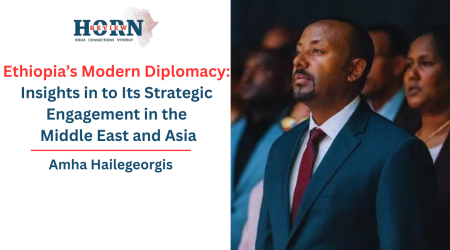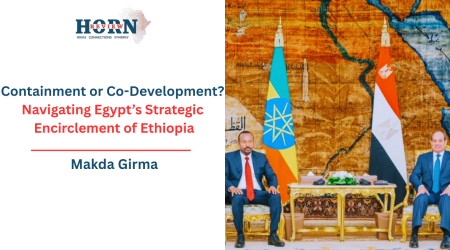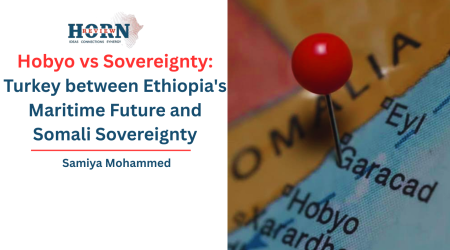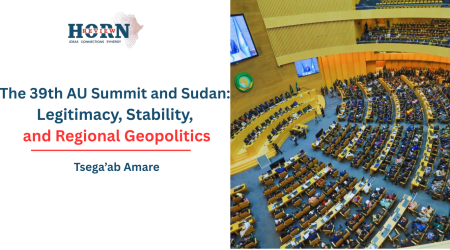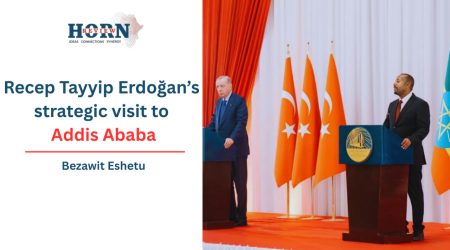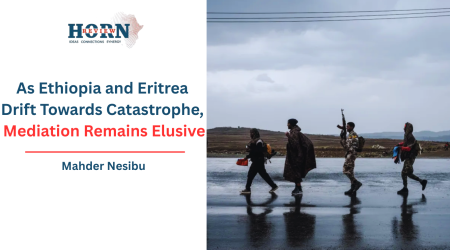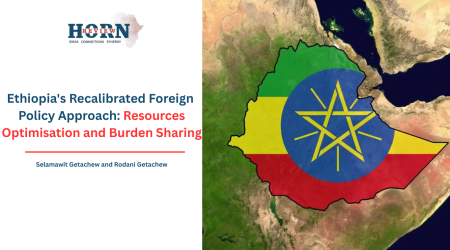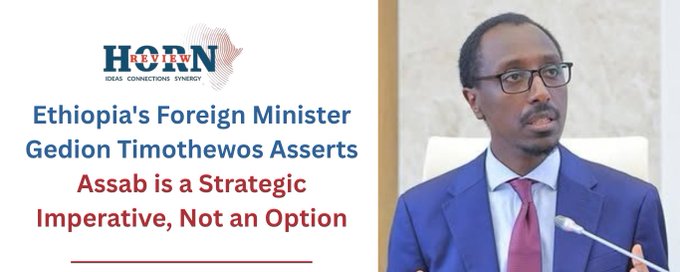
15
Nov
Ethiopia’s Foreign Minister Gedion Timothewos Asserts Assab is a Strategic Imperative, Not an Option
In one of the most consequential statements yet in the escalating Red Sea debate, Ethiopia’s Foreign Minister Dr. Gedion Timothewos has delivered a forceful and unmistakable message: Assab is Ethiopia’s top national priority – and the era of strategic vulnerability is over.
Speaking at a Foreign Policy Forum organized by Horn Review and Addis Ababa University, Dr. Gedion reframed Ethiopia’s maritime question not as an economic inconvenience but as a historic injustice and a national security emergency that Addis Ababa is determined to rectify through diplomacy and constructive dialogue.
With a clarity that reverberated across the region, the Minister underscored that Ethiopia invested heavily in Assab both before and after Eritrea’s secession, only to be abruptly cut off 27 years ago during the 1998 war. That rupture, he noted, exposed Ethiopia’s most dangerous structural weakness: being landlocked under hostile conditions. “Ethiopia will not allow itself to face vulnerability in that same fashion,” he declared – a line that instantly reshaped interpretations of the government’s intentions.
Dr. Gedion echoed Prime Minister Abiy Ahmed’s earlier parliamentary remarks on October 28, 2025, questioning the legitimacy of the process through which Ethiopia was stripped of inherent access to the sea. But today, the Minister went further: Ethiopia’s claim is “fair, reasonable, and legitimate”, rooted in economic destiny, demographic scale, and historical continuity.
Yet the Minister balanced this assertiveness with a striking appeal to shared history. He insisted that the Ethiopian and Eritrean peoples still possess a natural will for reconciliation and reintegration – a public sentiment that has been ignored, distorted, or suppressed by political elites for decades. “There is no need to reinvent public will,” Dr. Gedion said, framing people-to-people harmony as an untapped strategic asset in resolving one of the region’s most explosive issues.
When pressed about Ethiopia’s Plan B should diplomacy fail with Eritrea, the Minister issued a dramatic and sobering clarification: Ethiopia will avoid war by all means, not because its “not on the table” but because it still prioritises diplomacy and the consequences of war are costly for all involved and beyond. He assertes that he is “in charge of Plan A”, i.e. diplomacy, but also reassertes Ethiopia will not abandon its pursuit of a guaranteed, stable and sustainable access to the sea. In diplomatic language, this was as close as one can come to signaling that maritime access is an existential red line.
The timing of Dr. Gedion’s statement could not be more charged. Eritrea is deepening opaque military cooperation with Egypt, foreign powers are fortifying positions along the Red Sea, Cairo is doubling down on its effort to encircle and contain Ethiopia,Al -Shabaab is expanding its reach within and beyond Somalia, and the Sudan conflict is threatening to redraw borders and alliances in the region. In such a volatile landscape, Ethiopia’s sharpened tone on Assab carries regional implications far beyond bilateral politics.
The message was unmistakable: Ethiopia’s patience has limits – and the Red Sea question has entered a new, decisive phase.
By Horn Review Editorial

